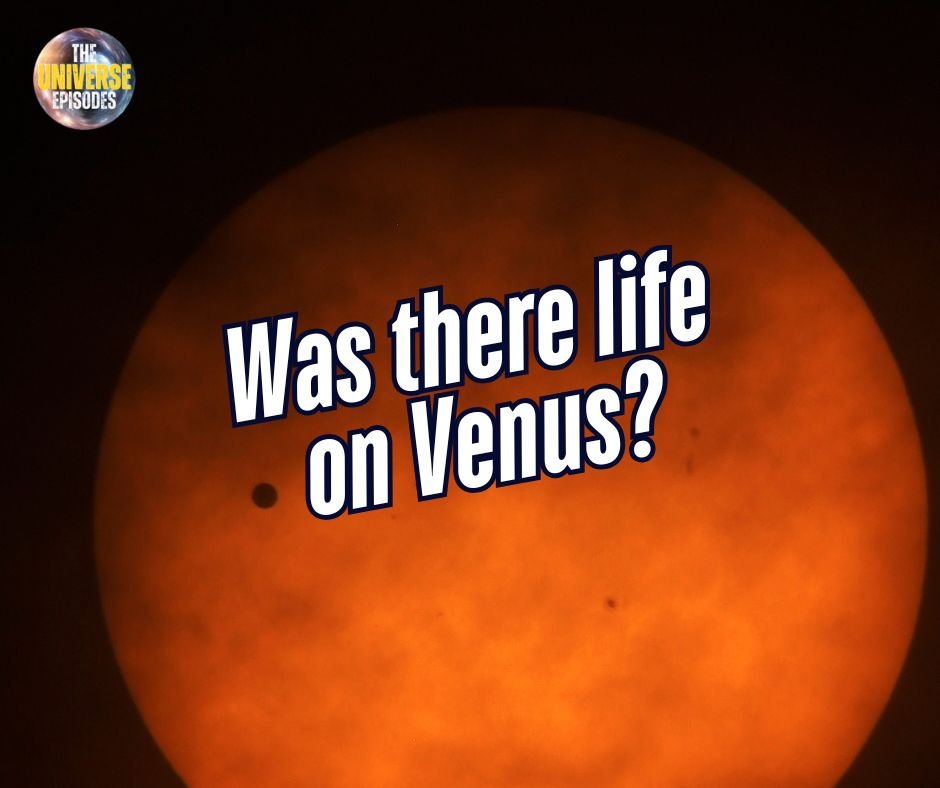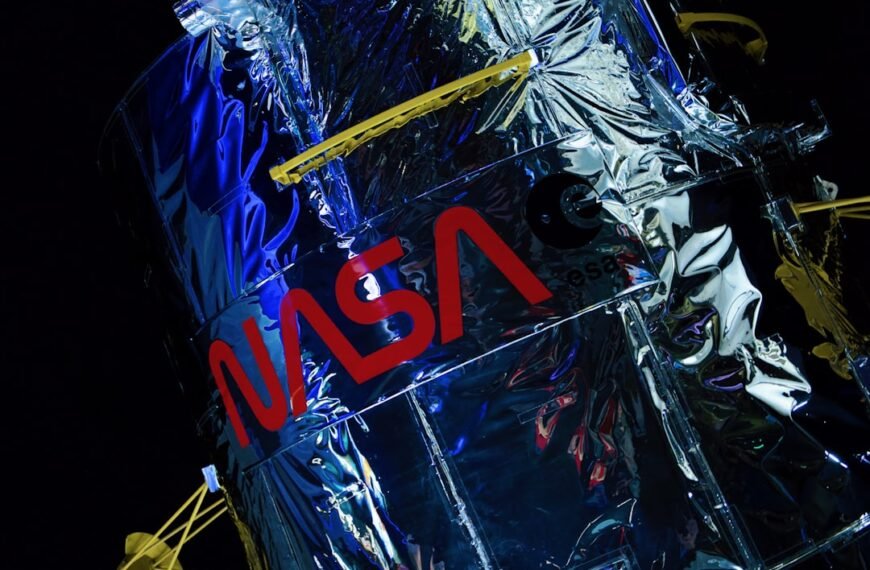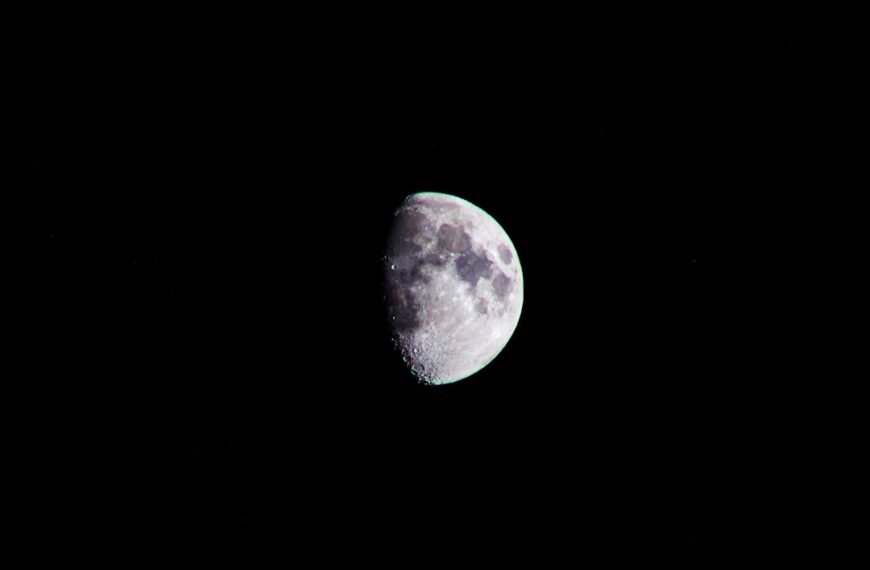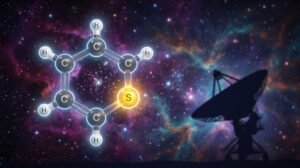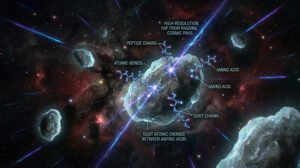Discover why Earth is the only planet not named after a god. Uncover the fascinating history of planet names!
Key Takeaways:
- All planets except Earth are named after Roman and Greek gods.
- Earth is the only planet not named after a deity.
- Uranus uniquely holds a Greek god‘s name, while others have Roman names.
Have you ever wondered what is the only planet named after a god? Maybe you’ve heard this question in trivia games, online forums, or even casual conversations. Surprisingly, the question itself is based on a common misconception. In reality, almost every planet in our solar system is named after a god or goddess—apart from one. So, let’s set the record straight with clear facts and engaging details.In this in-depth guide, we’ll uncover:
- How planets got their names
- Which planet is the odd one out
- Detailed insights into each planet’s naming origin
- Fun facts and fascinating stories behind these celestial names
Let’s dive into the fascinating world of astronomy, mythology, and history!
Are Planets Really Named After Gods?
Absolutely! Ancient civilizations regularly observed the skies. They noticed that certain bright “stars” moved across the sky differently compared to stationary stars. These moving celestial bodies became known as “planets,” a term derived from the Greek word “planētēs,” meaning “wanderers.”As civilizations like the Greeks and Romans observed these wandering celestial bodies, they attributed their movements and characteristics to the personalities of their gods. This combination of astronomy and mythology shaped how we name planets today.Here’s a quick summary:
- Mercury → Roman messenger god
- Venus → Roman goddess of love and beauty
- Mars → Roman god of war
- Jupiter → King of the Roman gods
- Saturn → Roman god of agriculture and time
- Uranus → Greek god of the sky (the only Greek-named planet)
- Neptune → Roman god of the sea
Notice something interesting? Earth is missing! Earth stands as the only planet not named after a deity. Instead, our home planet’s name comes from Old English and Germanic languages, literally meaning “ground” or “soil.”Let’s look closely at each planet to understand their naming history clearly.
Mercury: The Swift Messenger God
The smallest and closest planet to the Sun, Mercury, was named after the Roman messenger god. Mercury (the god) was known for his incredible speed and agility, equipped with winged sandals that allowed him to swiftly deliver messages between gods.Why Mercury? The planet Mercury travels rapidly around the Sun—completing an orbit in just 88 Earth days. Its fast orbit perfectly matched the swift reputation of Mercury, the messenger deity.Quick Fact: Mercury moves at approximately 47.87 kilometers per second (107,082 mph) around the Sun, making it the fastest planet in our solar system.
Venus: Goddess of Love and Beauty

Venus is famous for being the brightest planet visible from Earth. Named after the Roman goddess Venus (the Greek equivalent is Aphrodite), she represents love, passion, and beauty.Why Venus? Ancient Romans noticed Venus’ tremendous brightness and beauty in the morning and evening skies. They associated these captivating characteristics with their goddess Venus, symbolizing beauty and desire.Quick Fact: Venus shines so brightly in the sky because its thick atmosphere reflects sunlight effectively, making it the second brightest object in our night sky (after the Moon).
Mars: The Fierce God of War
Mars has always captured human imagination. Its reddish hue made ancient civilizations associate it with bloodshed and violence, leading Romans to name it after Mars, their powerful god of war.Why Mars? Mars’ red color, caused by iron oxide on its surface, reminded the ancient Romans of blood and warfare. This striking visual led to its strong association with war and aggression.Quick Fact: Mars hosts the largest volcano in our solar system—Olympus Mons, nearly three times taller than Mount Everest!
Jupiter: The King of Gods

Jupiter is the largest planet in our solar system—massive enough to contain over 1,300 Earths! Romans fittingly named it after Jupiter, their king of gods, ruler of heaven and thunder.Why Jupiter? Jupiter’s enormous size and radiant brightness made it a natural choice to represent the most powerful Roman god. Ancient astronomers saw it as a dominant presence in the heavens, mirroring Jupiter’s status among gods.Quick Fact: Jupiter has over 79 moons, including the famous Galilean moons discovered by Galileo Galilei in 1610—Ganymede, Io, Europa, and Callisto.
Saturn: God of Agriculture and Time
Saturn is the second-largest planet, easily recognizable by its magnificent rings. Romans named it after Saturn, their god of agriculture, harvest, and time.Why Saturn? Ancient Romans revered Saturn as a symbol of prosperity and abundance, attributing agriculture and the changing seasons to his power. Saturn’s slow and steady orbit around the Sun (taking 29.5 Earth years) seemed fitting to represent the steady cycles of growth and harvest.Quick Fact: Saturn’s iconic rings are primarily made of ice particles, dust, and rocky debris, making it one of the most visually stunning planets.
Uranus: The Unique Greek God
Uranus stands apart from other planets in naming conventions. Rather than Roman mythology, astronomers named Uranus after the Greek god of the sky—father of the Titans.Why Uranus? Discovered in 1781 by astronomer William Herschel, Uranus was initially named “Georgium Sidus” (George’s Star) to honor King George III. However, international astronomers preferred sticking to mythological tradition, ultimately choosing “Uranus” to represent the sky deity, reflecting the planet’s bluish appearance.Quick Fact: Uranus uniquely rotates on its side, with an axial tilt of about 98 degrees, causing extreme seasonal variations lasting 21 years each.
Neptune: God of the Sea

Neptune, the farthest planet from the Sun, bears the name of the Roman god of the sea. Its deep-blue color strongly resembled Earth’s oceans, making Neptune an appropriate choice for its watery namesake.Why Neptune? Upon its discovery in 1846, astronomers chose Neptune based on the planet’s striking oceanic color, perfectly fitting the Roman god who ruled the seas and waters.Quick Fact: Neptune possesses the strongest winds in our solar system, reaching speeds over 2,000 kilometers per hour (1,240 mph)!
What About Pluto?
Though Pluto was famously reclassified as a dwarf planet in 2006, it’s worth mentioning. Pluto was named after the Roman god of the underworld due to its distant, cold, and mysterious nature.Quick Fact: Pluto takes approximately 248 Earth years to complete a single orbit around the Sun, highlighting its distant location in our solar system.
Earth: The Odd One Out!
In stark contrast to other planets, Earth isn’t named after any deity. Its name comes from Old English and Germanic languages—”Eorþe” and “Erde”—meaning “ground,” “soil,” or “land.”Why Earth? Unlike other planets observed from afar, humans directly experienced Earth. Early civilizations simply named their immediate home based on their surroundings—the solid, fertile ground beneath their feet.Quick Fact: Earth is the only planet currently known to support life, making it uniquely special among celestial bodies.
Final Thoughts and Clarifications

To answer the question clearly and directly:
- All planets except Earth are named after mythological gods or goddesses.
- Earth is uniquely the only planet not named after a deity.
- Uranus stands out as the only planet named after a Greek god rather than a Roman deity.
By exploring the fascinating connections between astronomy and mythology, we gain deeper appreciation for how ancient cultures influenced our modern understanding of the cosmos.Next time someone asks, “What is the only planet named after a god?,” you’ll be ready with the right context—and perhaps even correct a common misunderstanding!



